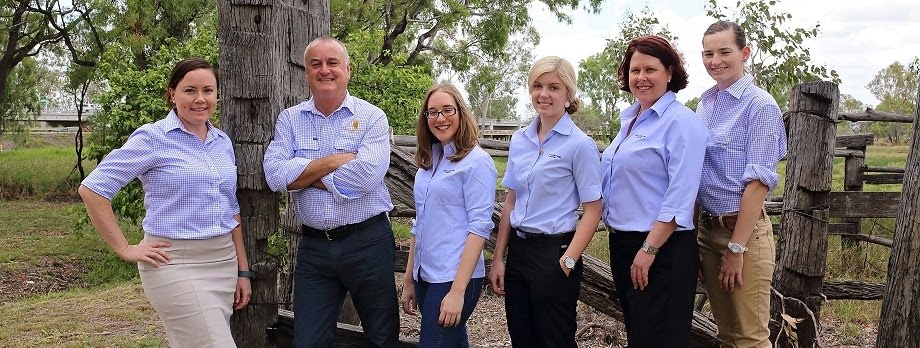There is currently a lot of activity
in our region in regards to mining and gas. This article looks at the land access
laws for resource exploration that you may not yet be aware of.
Why are resource companies allowed
access to my land to take resources?
In most situations, the resources
that are located under the land do not belong to landowners. The law states
that they generally belong to the people of Queensland. So ownership of natural
resources like gas, coal, gold and minerals that are underground do not
transfer to a purchaser who is buying a property.
Can I stop a resource company from
coming onto my land to look for resources?
Provided that they possess the
relevant authority and the correct entry notices are given to you, a resource
company can come onto your land upon giving 10 business days notice unless you
waive this right under an agreement. They can only do this though, to conduct what
is known as “preliminary activities”. The activities that are described as
preliminary are generally relatively minor. Should they wish to engage in
“advanced activity”, which basically is any activity that breaks the top soil on
your land, they will be required to enter into a compensation agreement with
you.
How do I know which companies have
authority to access my land?
The
Department of Natural Resources and Mines now allows landowners to conduct
searches on the internet which display reports for free. This allows you
to see who has the right to explore on your property. This is an important tool
for you to determine exactly who may have rights associated with your land.
What if a resource company says they want to say drill on my land, can I stop them?
If a resource company wants to conduct
activities on your land that will cause an impact to your business or land use,
then they cannot start those activities until they have signed a contract with
you for compensation. You are legally entitled to be compensated for any loss
you suffer.
Can I just refuse to sign any
contracts – will that stop them coming onto my land?
No, it won’t. If you simply refuse
to negotiate, the resource company might take you to the Land Court. The
resource company can only do this if they have given all the proper notices and
tried, to a reasonable standard to negotiate with you. Once the Land Court has
issued their orders about compensation, the resource company would then be able
to come onto your land.
You can however seek advice to
ensure that you have considered all options before signing the contract. Under the laws relating to land access, if a
resource company wants a compensation agreement with you, then they are
required to pay for any reasonable legal, accounting and valuation fees that
you incur in sorting out your agreements. It therefore makes good sense to see
a professional as soon as you are approached by a resource company.


